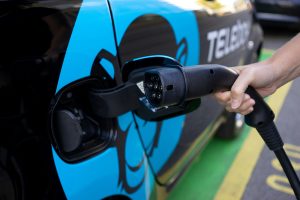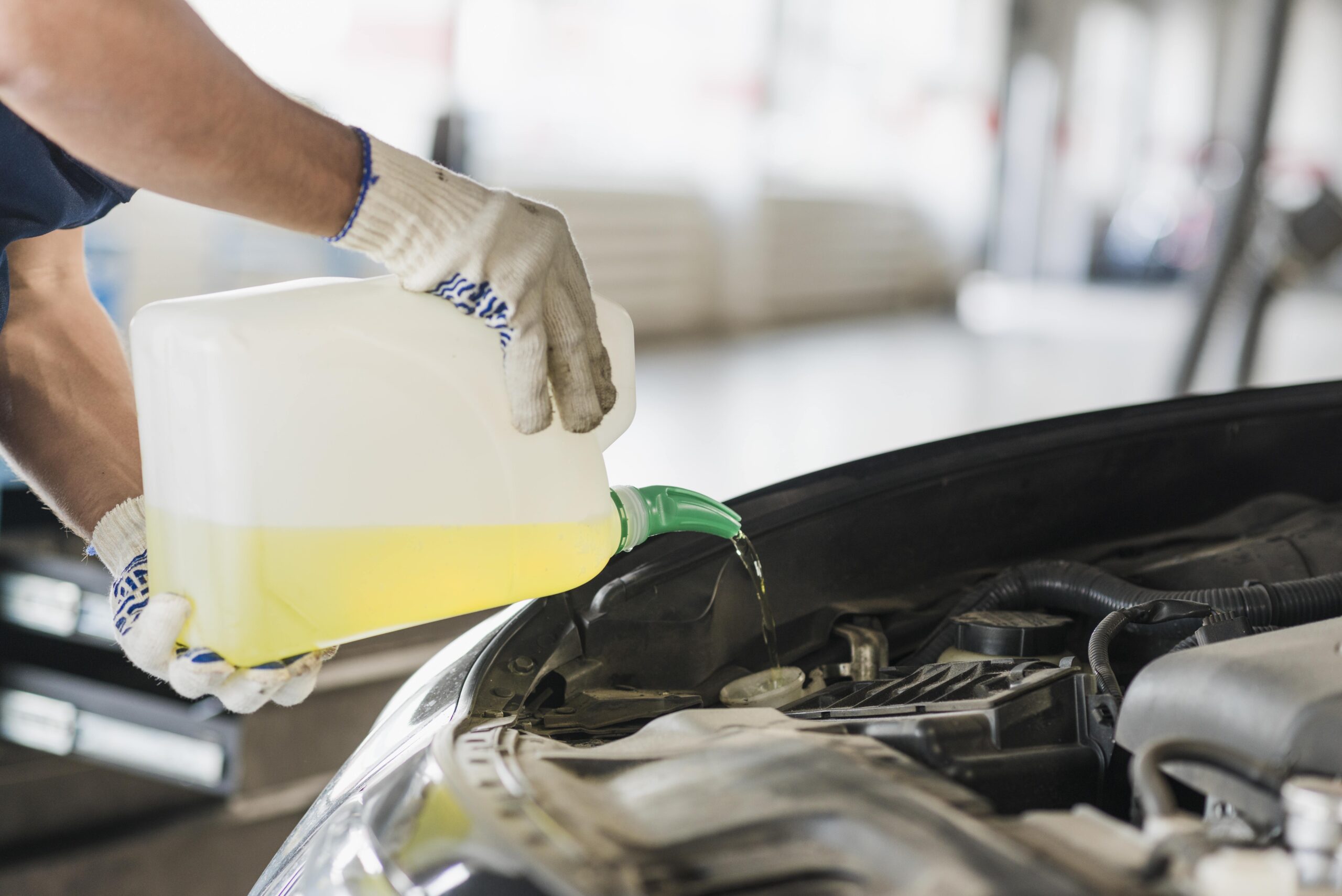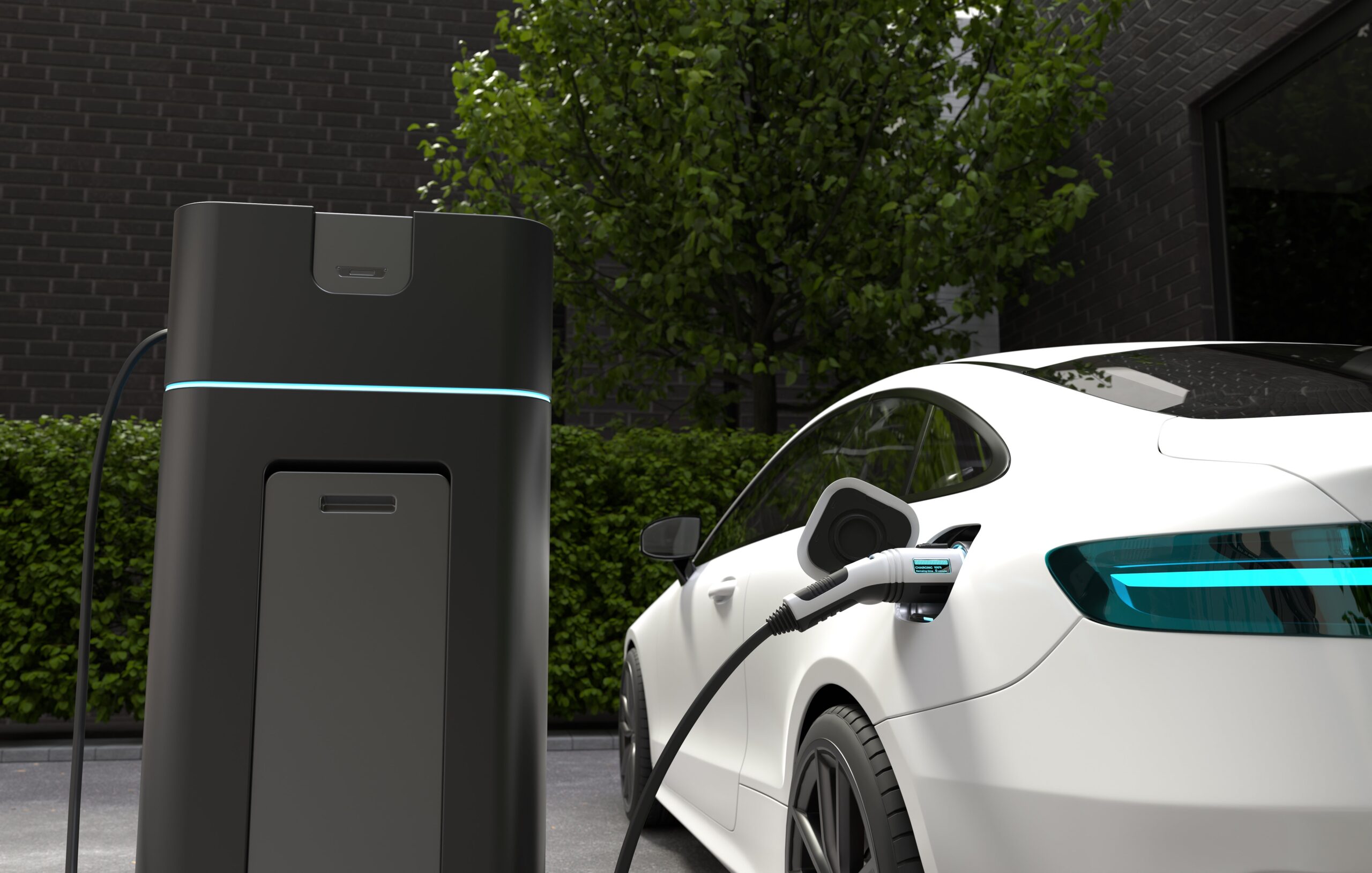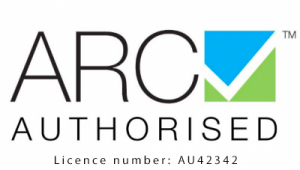Common Questions About EV Maintenance
As electric vehicles (EVs) continue to grow in popularity, many drivers are asking key EV maintenance questions to understand how to keep their cars running efficiently. EVs offer lower running costs, fewer moving parts, and a reduced environmental footprint—but they still require proper maintenance. Below, we address some of the most common questions EV owners ask.
How Often Do I Need to Service My EV?
EVs need less frequent servicing than petrol or diesel cars, but regular checks remain important. Most manufacturers suggest a service every 12 months or 20,000km. Battery health, brake checks, suspension inspections, and software updates are essential during each service.
Do EVs Need Oil Changes?
No. EVs don’t use traditional engine oil since they lack internal combustion engines. However, some fluids—like battery coolant or transmission fluid—may need periodic attention depending on your EV model.

What About Tyre Maintenance?
EVs tend to wear tyres faster due to higher torque and added vehicle weight. Regular tyre rotation, pressure checks, and investing in high-quality tyres will help manage wear and maintain efficiency.
How Long Does the Battery Last?
Modern EV batteries are built to last. Most retain 70–80% capacity after 8–10 years and are backed by warranties up to 160,000km. Avoiding constant fast charging and keeping the charge between 20–80% can help extend battery life.
Do I Need to Worry About the Electric Motor?
Electric motors are extremely durable and require little upkeep. Some models include cooling systems that may need periodic coolant checks, but there’s no need for spark plugs or timing belts.
How Do I Maintain the EV’s Software?
Most EVs receive over-the-air (OTA) updates, which improve features and fix bugs. Ensure your EV is regularly connected to Wi-Fi. Some updates may still require a visit to a service centre.
What Are the Costs of EV Maintenance Compared to Traditional Cars?
EV maintenance is typically cheaper. No oil changes, less brake wear, and fewer moving parts result in lower ongoing service costs. Battery replacements can be costly, but they’re rare and often covered under long-term warranties.
Can I Perform EV Maintenance Myself?
Yes—basic tasks like checking tyre pressure, topping up washer fluid, and replacing wiper blades are safe. But leave anything involving the high-voltage system to professionals to avoid serious risk.
Final Thoughts
Electric vehicles may simplify maintenance, but that doesn’t mean they’re maintenance-free. With the right approach and awareness of these common EV maintenance questions, you’ll extend your vehicle’s lifespan, reduce costs, and enjoy a smooth driving experience. If you’re unsure about any maintenance task, always consult your EV manual or a qualified technician.








